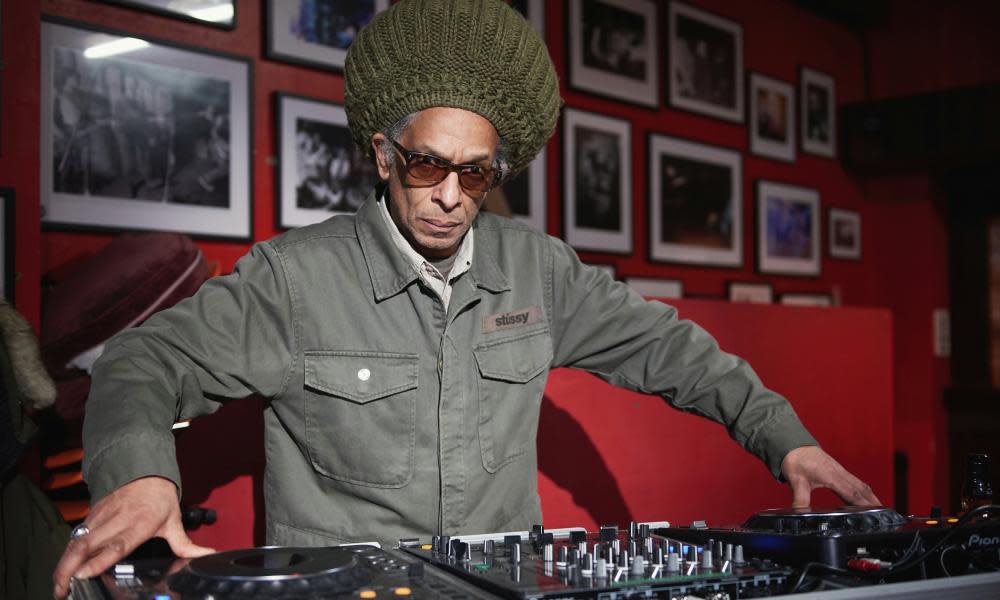'Woke' culture is threat to protest songs, says Don Letts

Protest songs have had a long and rich history of being vehicles for social change, with artists such as Bob Dylan, Gil Scott-Heron and Marvin Gaye being some of most notable examples of this musical tradition.
But according to Don Letts, it has become increasingly difficult for artists to create protest songs due to what he calls the “woke” world and a fear of being accused of cultural appropriation.
Writing in the Radio Times, the film director and musician, most famous for his work as a videographer for the Clash, said: “For artists, the protest song is an increasingly difficult proposition. In a world so woke you can’t make a joke, trying to navigate the minefield of fake news, conspiracy theories and information overload is made even trickier by the fear of being accused of cultural appropriation.”
Letts said today’s apparent lack of protest-driven artists was also due to the musicians being “by default part of the business”.
“In my day, getting into music felt like a rebellious, anti-establishment thing,” he said. “Today, many see it as a way of becoming part of the establishment.”
Despite this observation, Letts said that for many people, protest music “is as relevant as ever”, and that it remained a “vital mode of expression”.
“Today, there’s no lack of artists prepared to call it as they see it,” he said. “Many operate below the radar and even those who spend a lot of time on the red carpet, like Kendrick Lamar and Beyoncé, have found ways of using their position to keep people politically engaged and proactive.”
He also argued that although there had been a “proliferation” of protest music in the 21st century, “if you don’t need it you’d never know it”.
Citing the Black Lives Matter movement, Letts added that last year hundreds of protest songs were released by artists such as Lil Baby, HER and Trey Songz, but that “you’d only know if it was relevant to your situation”.
He added that black female artists, such as Janelle Monáe and Solange, were “replacing the long line of predominantly white males shouting a cause”.

 Yahoo News
Yahoo News 
